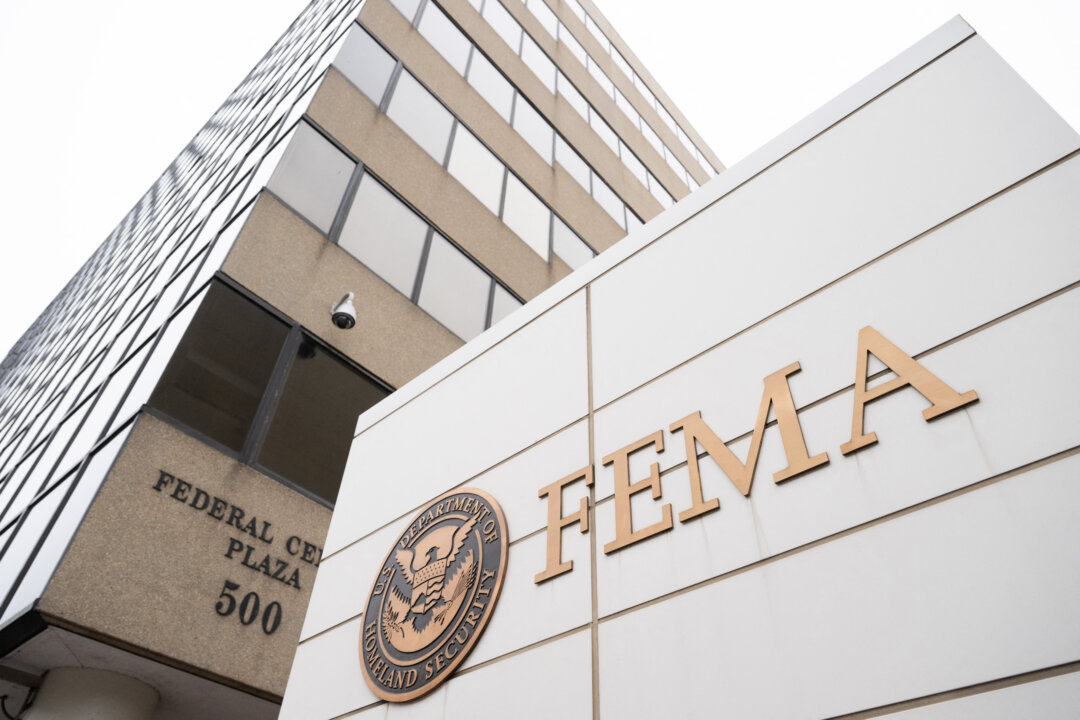Japan's major opposition party said Friday it wants the consumption tax rate on food items to be scrapped for a year, ahead of a crucial parliamentary election this summer. The country is bracing for the prospect of persisting inflation and a hit from higher U.S.
tariffs, prompting political parties, to a varying degree, to consider the feasibility of reducing the current 10-percent consumption tax to appease voters in the run-up to the House of Councillors election. Prime Minister Shigeru Ishiba, however, has so far ruled out changing the consumption tax rate, a sensitive and potentially divisive issue, when his public support remains low. U.

S. President Donald Trump's move to slap higher tariffs on imports such as cars, steel and aluminum, has rattled financial markets and cast a pall over the outlook for the export-reliant Japanese economy. "People today are struggling.
We need to face reality," Constitutional Democratic Party of Japan chief Yoshihiko Noda said at a press conference. "We should be prepared for what Prime Minister Ishiba himself has described as a 'national crisis.' While uncertainty remains extremely high over the U.
S. tariff policy..
.this will deal a severe blow to not only the Japanese economy but the broader global economy as well." Japan's consumption tax was raised from 8 percent in 2019, but the rate on food and drinks is still 8 percent.
Noda, who as prime minister between 2011 and 2012 spearheaded efforts to raise the consumption tax to cover ballooning social security costs, said he decided on the tax cut this time so as not to contradict his past stance. The CDPJ will make sure the tax cut is for one year and find an alternative revenue source. It will allow for one extension, depending on economic developments, Noda said.
Consumption, which makes up a large part of domestic demand, has lacked vigor, largely because gains in nominal wages have been canceled out by cost-push inflation. Besides the CDPJ, the Democratic Party for the People also wants to halve the consumption tax rate to 5 percent as a temporary measure to help struggling households. In the ruling bloc, Komeito party chief Tetsuo Saito said Thursday that the junior coalition partner of Ishiba's Liberal Democratic Party may aim to cut the consumption tax rate targeting food items when it decides on its campaign platform.
Past prime ministers have sought to balance the need to restore Japan's tattered fiscal health and calls for reduced burdens. Most of the roughly 90 LDP members of the upper house surveyed by the ruling party are in favor of reducing the consumption tax until wage hikes have outpaced inflation. Due to an aging society with a declining birthrate, social security expenses account for about a third of the country's state budget.
In the current fiscal year to next March, the government expects around 78 trillion yen in tax revenue, of which 25 trillion yen comes from consumption tax..
Politics

Japan main opposition party aims to cut tax on food as election looms

Japan's major opposition party said Friday it wants the consumption tax rate on food items to be scrapped for a year, ahead of a crucial parliamentary election this...















